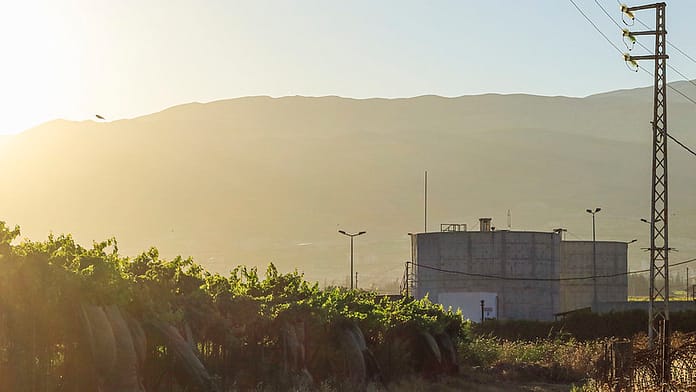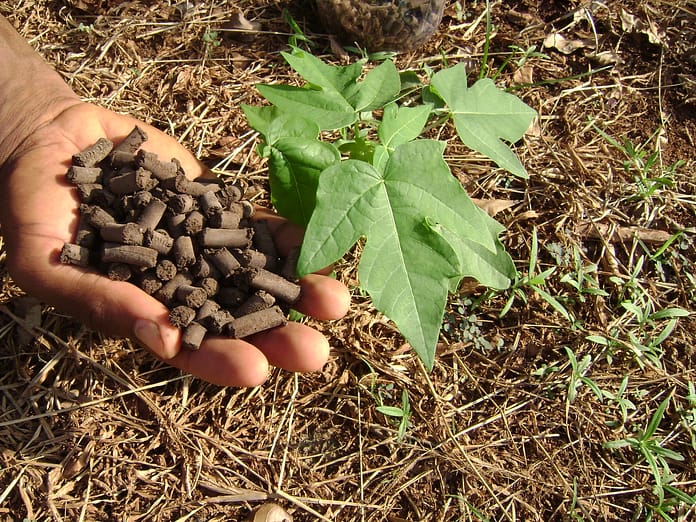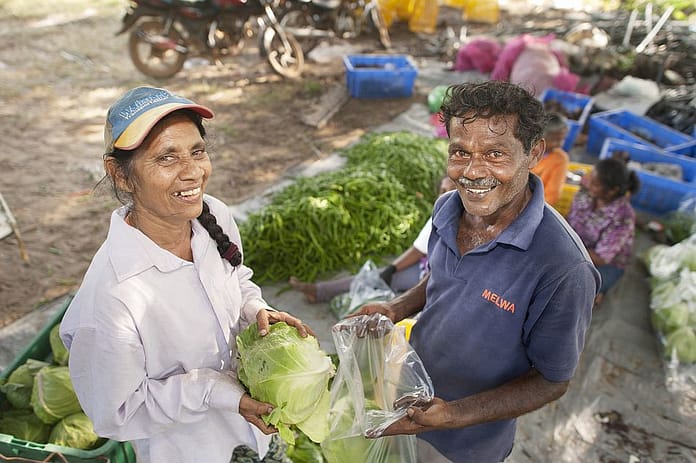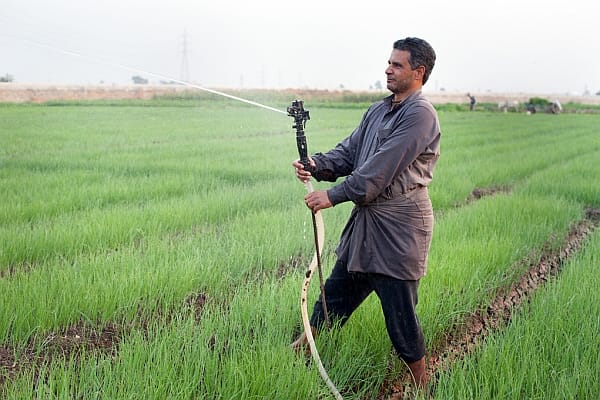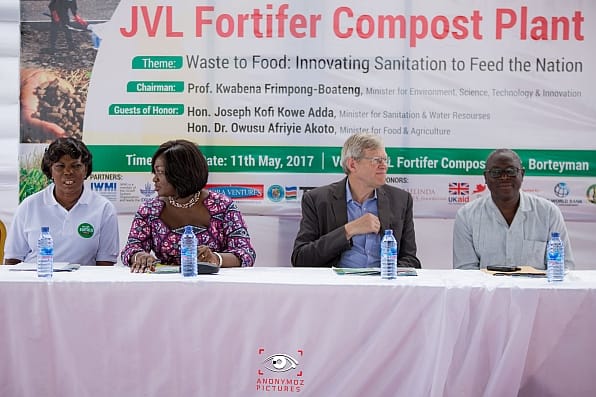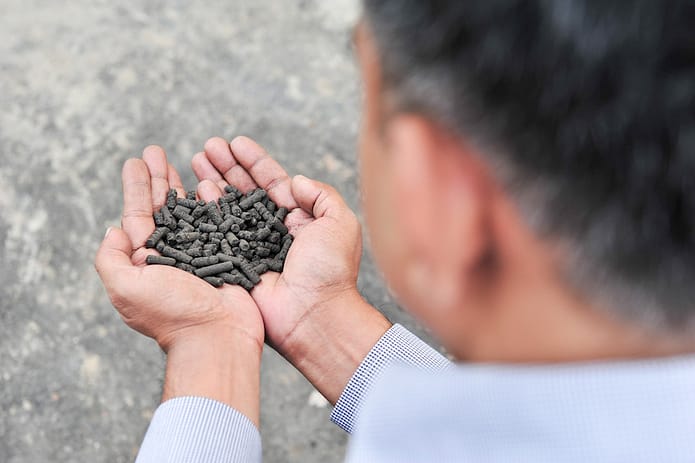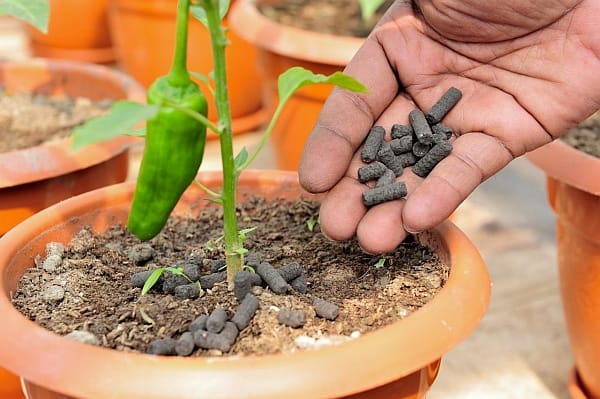By Dzifa Agbefu, Philip Amoah, Pay Drechsel and Eric G. Nartey
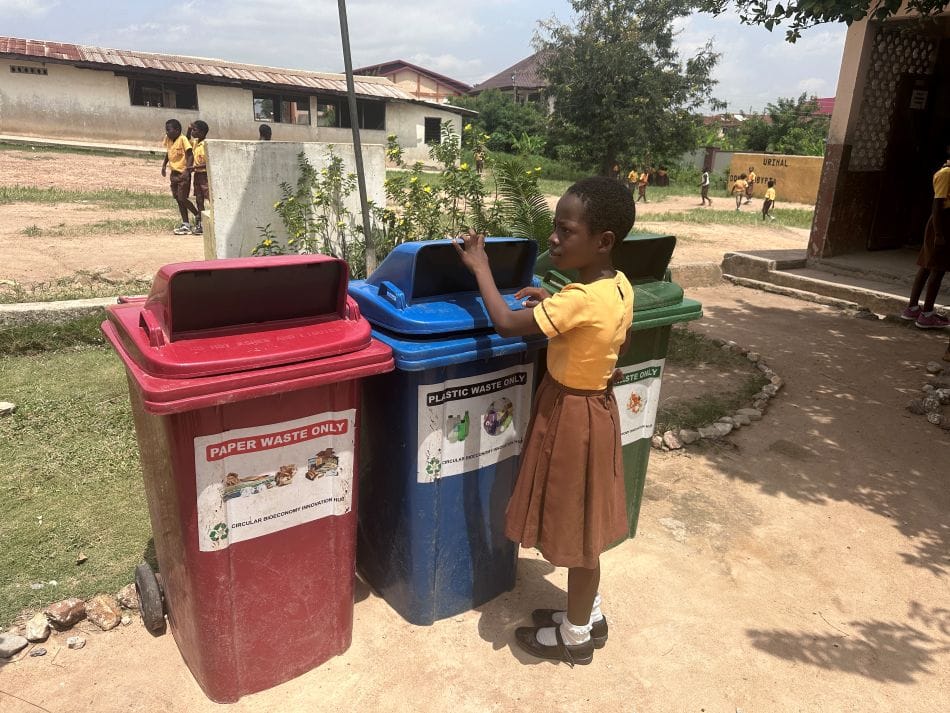
What if waste was not just waste but an opportunity for innovation, transformation and empowerment? The Resource Recovery and Reuse (RRR) Program for schools and youth is planting this seed of possibility in Ghanaian students. The program is not just about teaching students how to manage waste but also about inspiring the next generation to see the world differently backed by science and research
The program was set up in 2023 based on research conducted by the International Water Management Institute (IWMI). The research showed that, while basic and senior high school students in Ghana were aware of sustainable waste management practices due to education and early exposure, actual practice remained low. The research also found that attempts to introduce waste segregation at household level in Kumasi, the second biggest city in Ghana, failed in the past due to non-existing follow-up programs after an initial awareness creation. Based on these insights, the Resource Recovery and Reuse Program was piloted to meet the need for mentoring students in school clubs.
The program involves teaching students to segregate waste they generate in schools using color coded bins into paper, plastic, organic and others. The students use the separated organic waste to produce compost for landscaping/school farms while they use the other recyclables for other innovations. The schools and students will compete to showcase their innovations at annually organized events. Beyond the schools, the students will use this acquired knowledge and skills in their homes.
“A fresh mindset is needed in Ghana’s waste management sector. The solution starts with homes, as, without separating organic from inorganic waste for instance, composting efforts at household or city level will be difficult,” said Dzifa Agbefu, Innovation Hub Coordinator, IWMI. “Students are often actively involved in household waste management and willing to sort and recycle their waste which can be encouraged through awareness creation via eco-school projects.”
The pilot, which introduced waste segregation and circular bioeconomy principles in ten schools, revealed the need for a comprehensive approach of practical hands-on training materials, in-school infrastructure set-up and volunteers to support teachers to follow-up and guide students throughawareness creation.
An implementation plan with defined activities, timelines, expectations and responsibilities for all stakeholders involved was developed as the program was reviewed and redesigned in 2024.
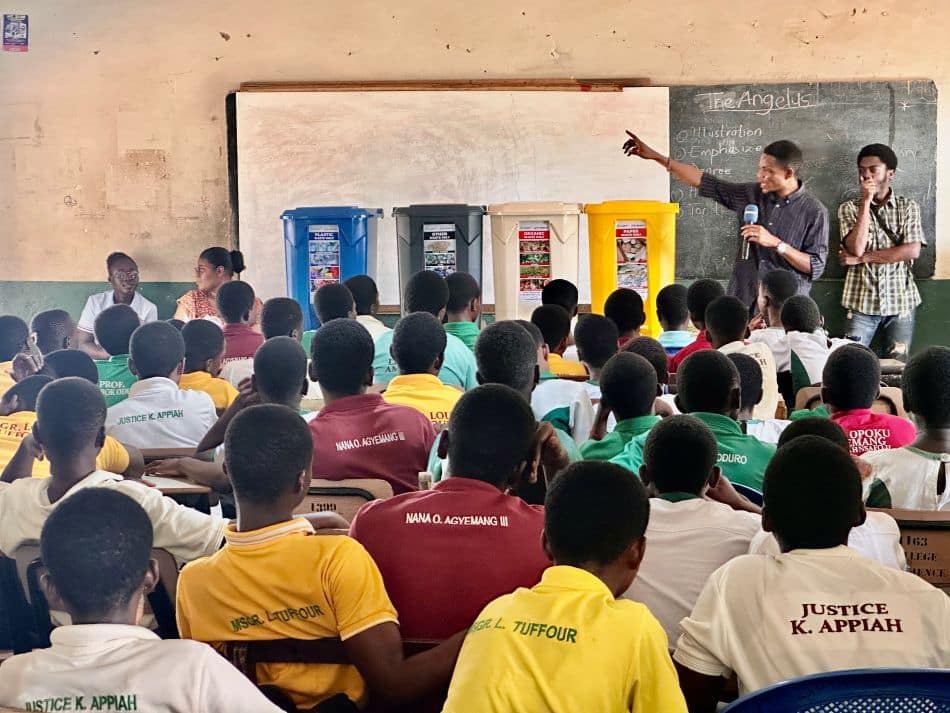
The program now has over 12,000 students actively engaged in training on waste segregation at source with 75 volunteers comprising tertiary students from EWB-KNUST who are supporting and mentoring fellow students. IWMI conducted practical hands-on training for these volunteers and distributed over 200 bins to the 23 participating schools. 23 Clubs across the schools were formed with over 1,280 student members.
In other parts of Africa, results indicate that incentives could support the link between school programs and households. Schools could, for instance, initiate competitions between classes and schools regarding the amounts of recyclables students bring to school on a weekly or monthly basis. This would help in involving the parents and households in a playful way into the circular discussion.
With plans to align with the Ghana government’s school feeding initiative, and appropriate support by relevant authorities, the RRR Program for Schools & Youth is well-positioned for long-term sustainability and nationwide scaling.
The Resource Recovery and Reuse Program for Schools & Youth grew out of the Circular Bioeconomy Innovation Hub in Ghana. The Hub is an institutional platform where integrated ideas and resource leveraging meet action. It unites 17 diverse stakeholders as co-owners – public institutions, private enterprises, research bodies, non-governmental organizations and academia. The Hub is led and facilitated by the International Water Management Institute operating within the organic waste-to-resource value chain. Guided by research and a specific focus on addressing sector challenges, like policy gaps, low adoption of circular economy practices, short-term projects undermining sustainability and limited institutional capacities.


